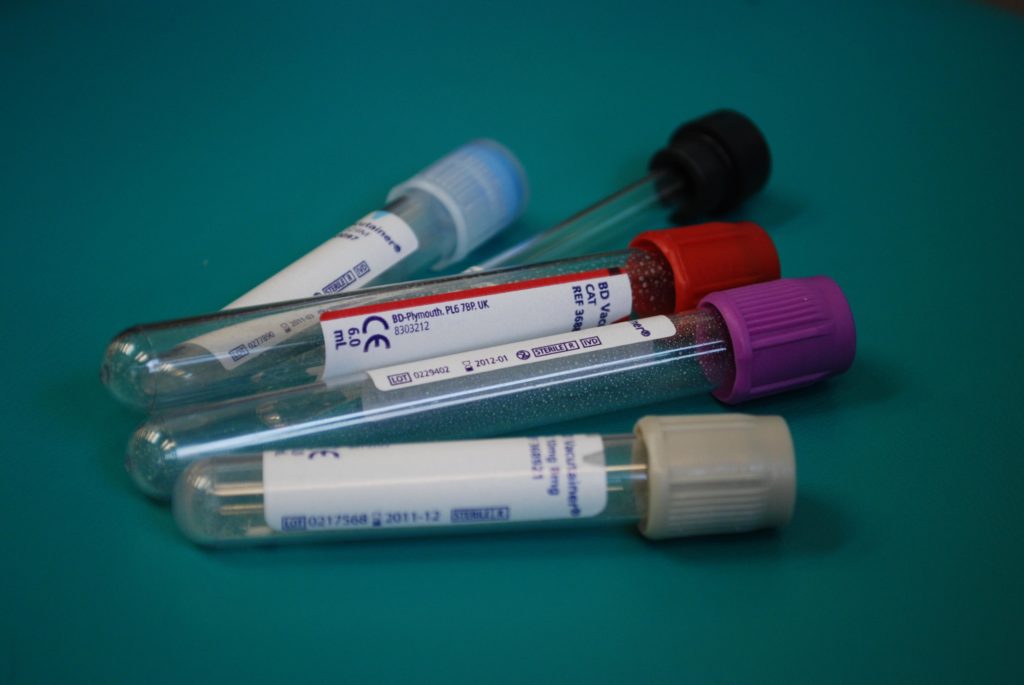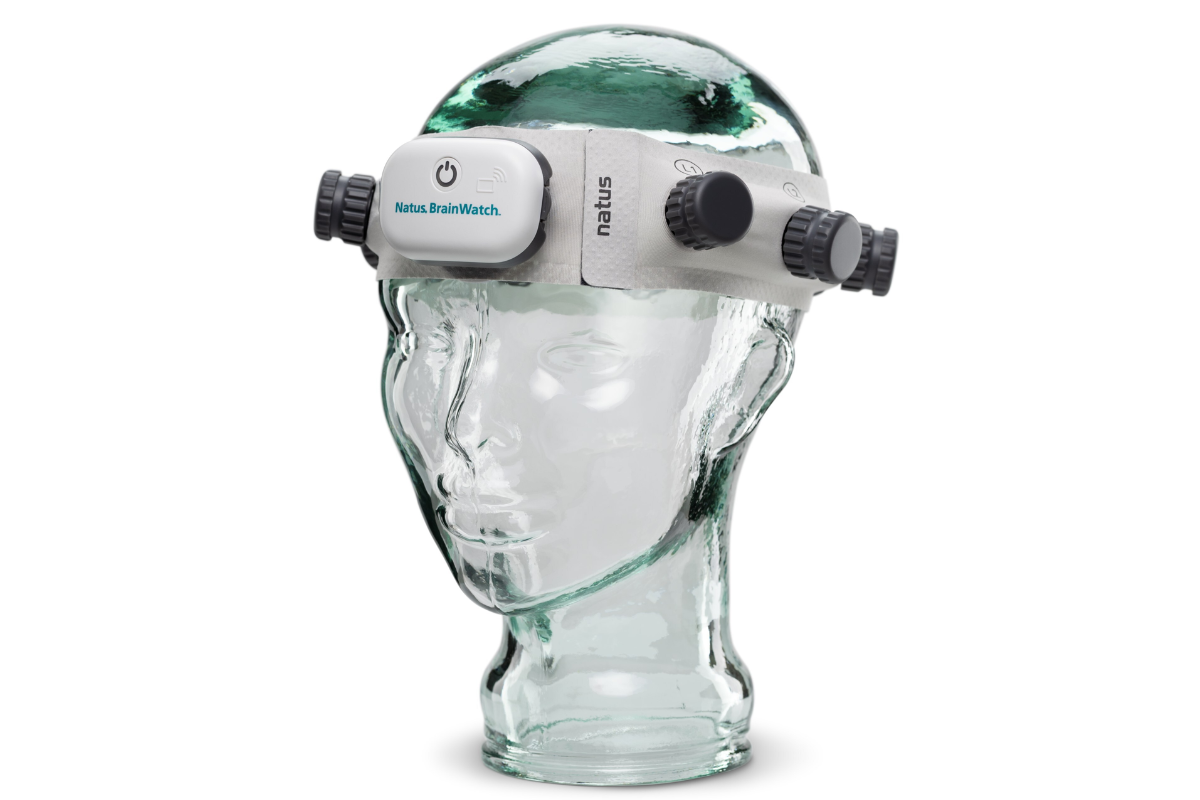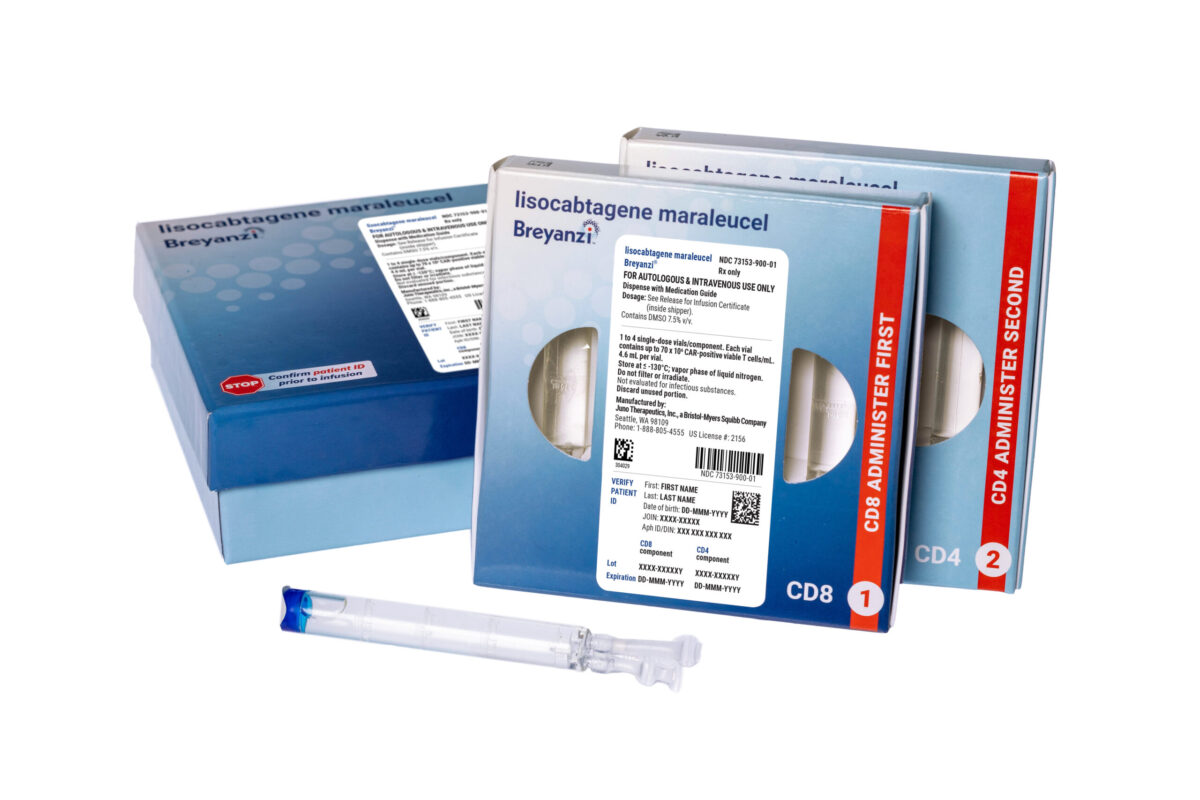The personalized ctDNA blood test uses the RaDaR™ assay, a liquid biopsy platform developed by the company Inivata.
Lung cancer is the most common cancer in men and the third most common cancer in women, according to global lung cancer statistics by the World Cancer Research Fund. Around 85 percent of cases are non-small cell lung cancer (NSCLC). The main subtypes of NSCLC are adenocarcinomas, squamous cell carcinomas and large cell carcinomas.
Cancerous cells and tumors release small fragments of DNA into the bloodstream called circulating tumour DNA (ctDNA). There is huge potential for ctDNA as a sensitive biomarker for evaluating tumor burden and treatment response.
Scientists at the University of Cambridge evaluated the use of a personalized blood test that detects ctDNA to help predict the relapse risk of lung cancer. The study population involved 88 patients with early-stage NSCLC who underwent treatment with curative intent. Patient blood samples were collected for longitudinal monitoring of ctDNA to detect minimal residual disease (MRD) and recurrence. The researchers observed lead times of approximately 200 days from the detection of ctDNA to cancer recurrence. In addition, they detected ctDNA after treatment in 64 percent of patients who showed recurrence of their primary tumor.
The researchers at the Cancer Research UK Cambridge Institute published this data from the LUng cancer CIrculating tumour DNA (LUCID) study in the journal Annals of Oncology. The study was supported by the University of Cambridge, Cancer Research UK and the European Research Council.
XTALKS WEBINAR: Using CRISPR interference (CRISPRi) Viability Screens to Map Long Noncoding RNA Dependencies in Tumor Cells
Live and On-Demand: Thursday, April 21, 2022, at 11am EDT (4pm BST/UK)
Register for this webinar to get an overview of the role of long non-protein coding RNAs (lncRNAs) in gene regulations. The featured speakers will also give conceptual and technical insights to identify and characterize functional lncRNAs in specific cancer contexts.
The personalized blood test uses an assay called RaDaR™, a next-generation sequencing (NGS) liquid biopsy platform developed by the biotech company Inivata. The RaDaR assay is based on technologies that were initially developed by Dr. Nitzan Rosenfeld’s laboratory at the Cancer Research UK Cambridge Institute. Dr. Rosenfeld co-founded Inivata and is co-lead author of the LUCID study. To complete the assay, the researchers had to analyze tumor biopsies by whole exome sequencing. This tumor sequencing information along with a patient’s blood sample were used in the RaDaR assay to detect 48 tumor-specific variants unique to each patient.
The test is a powerful minimally invasive approach that detects patient-specific ctDNA in fractional concentrations as little as a few parts per million. This shows the high sensitivity of the RaDaR assay for detecting MRD and relapse in patients with lung cancer.
The LUCID study indicated that relapse is likely if ctDNA is detected. Therefore, these patients could have a clinical benefit from further treatment or participation in a clinical trial. The study authors also said that if ctDNA is not detected, a chance of lung cancer relapse is still possible and there isn’t enough evidence to alter the standard of care.
RELATED: Cancer Blood Test Developed by University of Oxford Researchers Can Detect Metastasis
“If cancer cells remain in the body after treatment a tumour can regrow. If that happens, it is a big setback for patients and the doctors treating them,” said Dr. Rosenfeld in a news release by Cancer Research UK. “Liquid biopsy can be used to detect tiny amounts of residual cancer after treatment, flagging those patients who have signs that their tumour may not have been eradicated completely with treatment. We’re hoping that this technology could help doctors decide when additional rounds of treatment are needed, and could save lives.”
In January, Inivata announced that it’s RaDaR assay met the requirements of the European In-Vitro Diagnostics Directive (98/79/EC) and received the CE mark. In the same press release, Inivata indicated that they submitted to the Molecular Diagnostic Services Program (MolDX) to establish coverage and reimbursement of RaDaR in the US.
Other MRD blood tests that monitor ctDNA include Signatera™, developed by US genetic testing and diagnostics company Natera. In March 2021, The US Food and Drug Administration (FDA) granted new breakthrough device designations for the Signatera MRD test. Medicare patients with stages II/III colorectal cancer are fully covered for a ctDNA test with Signatera.












Join or login to leave a comment
JOIN LOGIN